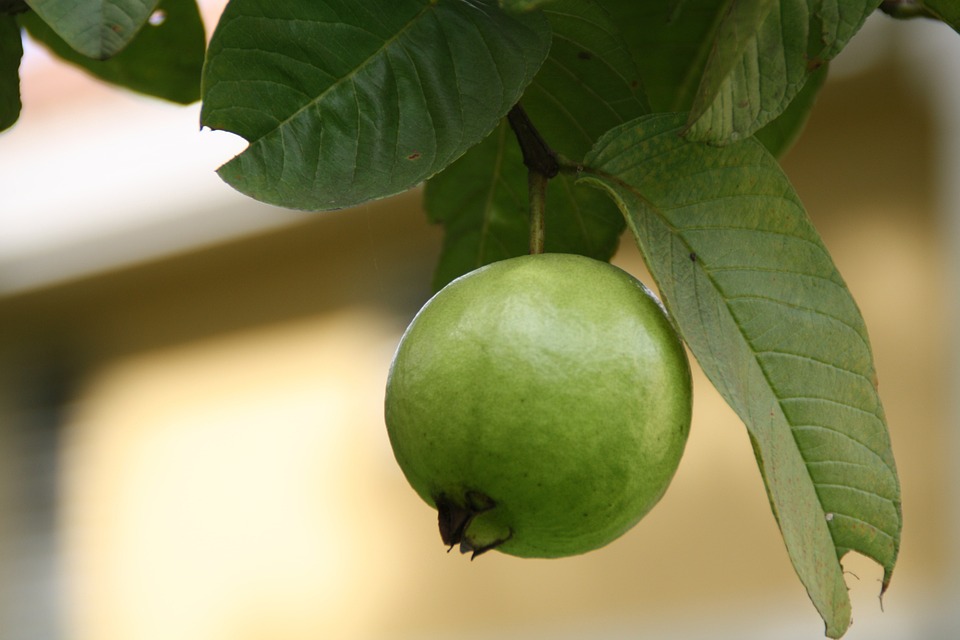
[ad_1]
The agricultural sector in Bangladesh has been revolutionized in recent years due to the rise of organic fruit farming. As a result, the country has shown significant progress in agriculture and food production that has contributed to the development of the country’s economy.
Organic Fruit Farming: What is it?
Organic fruit farming is a farming method that employs natural and sustainable agricultural practices. It avoids the use of synthetic or chemical fertilizers, pesticides, and genetically modified organisms (GMOs) in fruit production. This approach emphasizes on keeping the soil healthy with the use of organic matter, compost, and other natural materials instead of synthetic fertilizers. Organic fruit farming preserves natural resources such as soil fertility, water, and biodiversity.
The rise of Organic fruit farming in Bangladesh
The Bangladeshi government has implemented policies that supported organic agriculture, including fruit farming, by introducing beneficial economic initiatives for farmers. Farmers who adopt organic fruit farming have benefitted from government subsidies and tax incentives that motivate and encourage them to shift from conventional to organic fruit farming methods. The government has implemented various strategies to support organic fruit farming, including providing technical support through training, advice, and access to finance.
Success stories of organic fruit farming in Bangladesh
Organic fruit farming has proved to be highly valuable for the Bangladesh economy, contributing to income generation while ensuring environmental sustainability. The country’s export earnings have increased significantly as organic fruit farming has become more prominent. The major export commodities include mango, apple, banana, guava, pineapple, and lychee. These fruits are grown organically and are of exceptional quality and flavor. Bangladesh is now exporting organic fruits to many countries, including the USA, UK, and the European Union, among others.
The impact of organic fruit farming in Bangladesh
Organic fruit farming not only benefits the environment but also the farmers and consumers. Organic farming provides healthier food choices, and the lack of pesticides and chemicals in the production process ensures that the consumers consume safe food. Organic fruit farming methods also improve soil fertility, reduce soil erosion, and promote biodiversity conservation. Farmers benefit in numerous ways such as for high yields, reduced production costs, improved health, and quality of life. Above all, organic fruit farming is essential for the overall sustainability of the agriculture system, indicating its potential for long-term economic growth in Bangladesh.
In conclusion, the rise of organic fruit farming in Bangladesh has brought significant change to the agricultural sector and the overall development of the economy. The government’s supportive policies and programs have played a crucial role in the proliferation of organic fruit farming. This sustainable farming method is setting a new trend that promotes environmental and ecosystem conservation, ensuring food security, and better incomes for farmers. Organic fruit farming is a success story that other countries can emulate for sustainable agricultural production for sustainable development.
[ad_2]























